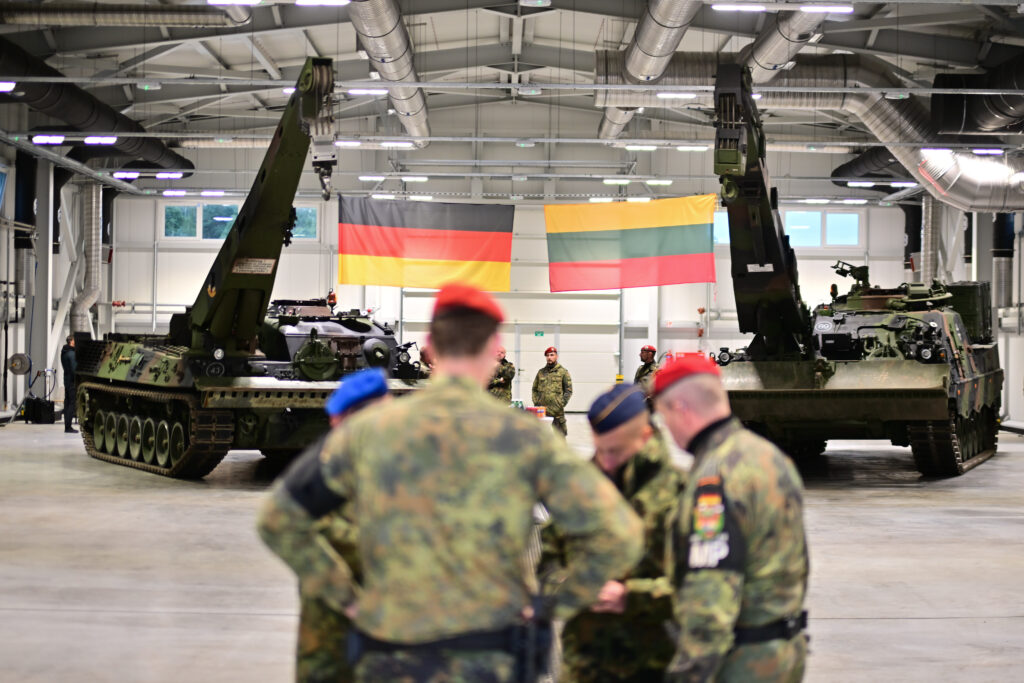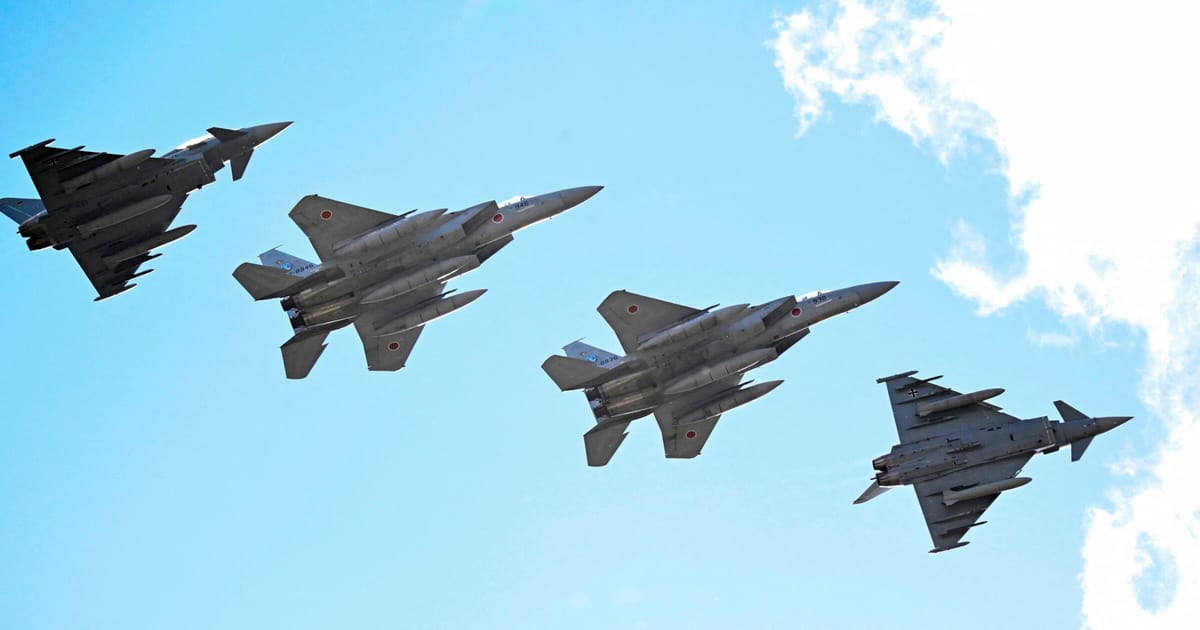The more immediate problem, however, is the direction of travel. Will the German military build-up help forge a more strategically autonomous European defense industry, create European jobs and strengthen European economic power? Or, will it pour money into off-the-shelf U.S. military hardware and favor industrial alliances with American defense giants?
At times, German Chancellor Friedrich Merz echoes Macron on the matter, saying that the surge in his country’s defense spending must have a European “framework” and promote “European strategic sovereignty.” On other occasions, he has spoken of a “coalition contract” within NATO and the importance of the transatlantic partnership.
Either way, the sheer scale of Berlin’s spending in the years ahead will inevitably make its defense industry the key player in European military innovation and procurement. And in the past, much of Germany’s industry preferred to seek partnerships with the U.S. or turn to German start-ups rather than cooperate with established players in France or other EU countries.
 By 2029, Germany expects to be spending €150 billion a year. | Sebastian Gollnow/Getty Images
By 2029, Germany expects to be spending €150 billion a year. | Sebastian Gollnow/Getty Images
Sticking to this old pattern, Paris was dismayed by Rheinmetall’s recent decision to enter an agreement with the U.S. company Anduril to produce drones and missiles. But while it may be too late to wean Germany off U.S. warplanes, the truth is, there can never be a solid European military-industrial base unless EU countries come together to develop the weapons of the future.
It is, therefore, vital that Berlin and Paris immediately establish a pattern for the upcoming boom years, and double down on their political commitment to Franco-German cooperation in defense innovation, training and procurement. The window of opportunity is narrow — and afterward, there will only be room to implement the decisions already made.
The majority view in Paris is that German rearmament will raise these questions of “industrial balance” long before it raises issues of “political balance” within the EU. But Merz also understands that unless it’s embedded in a European consensus, Germany’s military might could become a political problem — and not just for the French.
Nonetheless, France will be looking at the decade ahead anxiously, as Germany will retain its status as Europe’s industrial powerhouse, as well as become — just by sheer size — the dominant military power within the EU.
The uncomfortable truth for France is that when it comes to the creation of a European defense industry, and even the potential rapid increase of France’s own military capacity, strategic autonomy is now in Germany’s hands.
